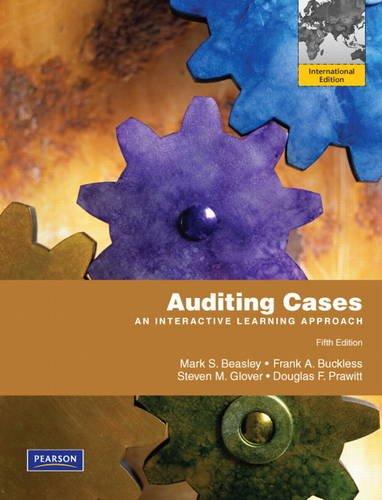Exercise 12-33 (Static) Advantages and Disadvantages of Decentralization (LO 12-2) The Benefits and Costs of Decentralized Decision Making Whole Foods Market, Inc. (now a part of Amazon.com, Inc.) is a chain of grocery stores emphasizing natural and organic products Starting out with a single store in 1980, the company has grown to over 400 stores in North America and the Unted Kingdom. As a part of the corporate culture, local and regional managers had wide discretion on sourcing and operations. Such discretion can lead to increased costs in the form of administrative duplication Recently, Whole Foods "is whittling away at some of that autonomy in an effort to reduce costs and boost its clout with suppliers. One way the company will do this is shifting more responsibility for buying packaged Foods, detergents and her nonperishable items for the more than 430 stores to its Austin, Texas, headquarters." At the same time, the company recognizes the benefits to decentralized authority. While taking duplication out of the system, the company wants to retain the elements that are important to the company. "We want to evolve the structure in such a way that we take out redundancy and waste, and at the same time though, we're not diminishing the culture, the empowerment efforts that make Whole Foods Market special," he John Mackey, CEO told analysts in November As of early 2018, the expected benefits have failed to materialize. As an example, items were sometimes out of stock after the store began using an inventory system as directed by corporate management This is an example of how difficult it can be to implement new policies that run counter to established corporate cultures. Required: What best describes the benefits Whole Foods likely hoped to receive by having local managers source food and make operational decisions? Wiser use of management's time and Training, evaluation, and motivation of local managers O Better use local knowledge O Faster response Training, evaluation, and motivation of local managers O Better use local knowledge and Faster response O Wiser use of management's time Exercise 12-34 (Static) Advantages and Disadvantages of Decentralization (LO 12-2) The Benefits and Costs of Decentralized Decision Making Whole Foods Market, Inc. (now a part of Amazon.com, Inc.) is a chain of grocery stores emphasizing natural and organic products Starting out with a single store in 1980, the company has grown to over 400 stores in North America and the United Kingdom. As a part of the corporate culture, local and regional managers had wide discretion on sourcing and operations such discretion can lead to Increased costs in the form of administrative duplication Recently, Whole Foods 'is whittling away at some of that autonomy in an effort to reduce costs and bort its clout with suppliers. One way the company will do this is shifting more responsibility for buying packaged foods, detergents and ouer nonperishable items for the more than 430 stores to its Austin, Texas, headquarters. At the same time, the company recognizes the benefits to decentralized authority. While taking duplication out of the system, the company wants to retain the elements that are important to the company "We want to evolve the structure in such a way that we take out redundancy and waste, and at the same time though, we're not diminishing the culture, the empowerment efforts that make Whole Foods Market special," he (John Mackey. CEO told analysts in November As of early 2018, the expected benefits have failed to materialize. As an example, items were sometimes out of stock after the store began using an inventory system as directed by corporate management This is an example of how difficult it can be to implement new policies that run counter to established corporate cultures Required: What best describes the costs) Whole Foods likely hoped to reduce by removing some of the authority of local managers to source food and make operational decisions? O Poor decisions from incomplete information O Dysfunctional decision making Administrative duplication Dysfunctional decision making and poor decisions from incomplete information Administrative duplication and poor decisions from incomplete information Exercise 12-35 (Static) Organization Structure and Responsibility Centers (LO 12-4) Worldwide Electronics is a global manufacturing firm that produces televisions, monitors, and other consumer electronic equipment. It is organized geographically with four divisions (North America, South America, Europe and Africa, and Asia Pacific). Manufacturing is organized by product line and shipped to the divisions. That is, televisions, for example, are produced in a single plant and then shipped to the four global divisions for sale Required: Match the following executives to the responsibility center that best represents their likely decision-making authority Responsibility Center Executive 1. Jul Green Corporate Personnel Officer 2 Katya Borodina, Sales Manager, Peru 3 Jay So Chief Executive Office 4. Andies Goya, Vice President South America 5 ene Chan, Mexico City Plant Manager Cost center Discretionary cost center Investment center Profit center Revenue center









